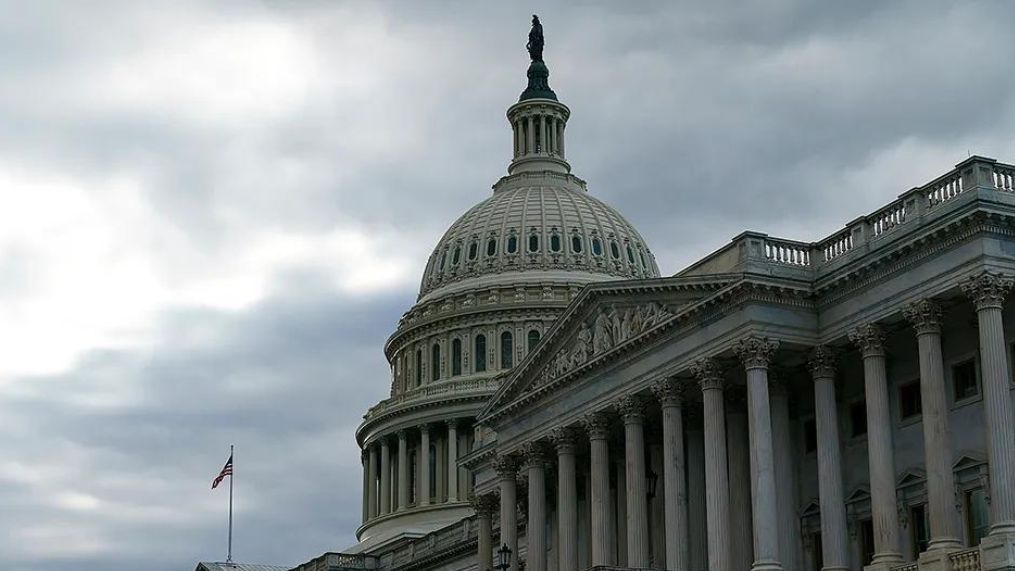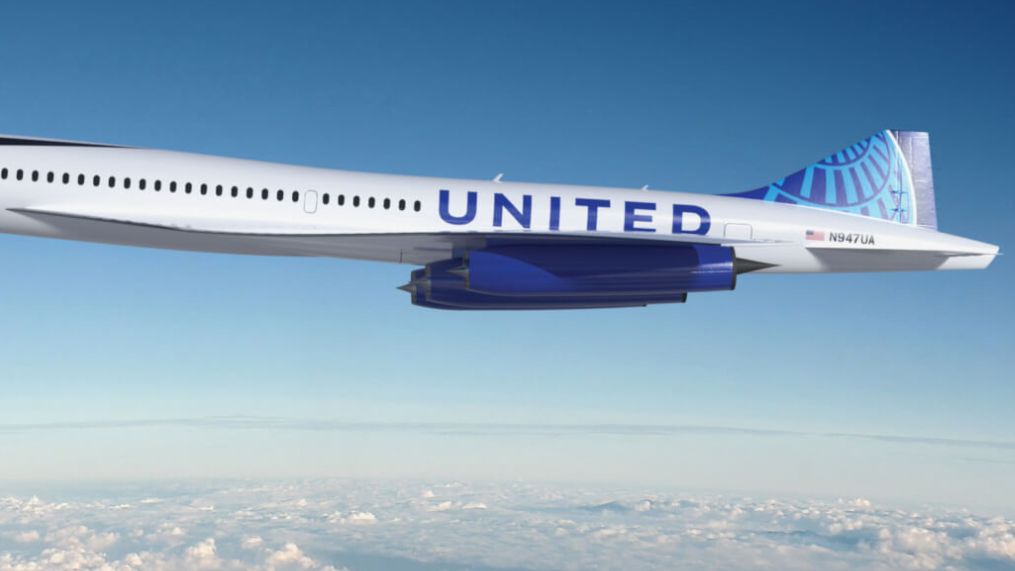In a late-night agreement on Tuesday, U.S. House and Senate negotiators made adjustments to an aviation reform bill, ensuring swift refunds for airline passengers whose flights are canceled without seeking alternative options.
The U.S. Transportation Department recently finalized rules, effective later this year, mandating automatic cash refunds for canceled flights if passengers opt out of rescheduling.
A bipartisan proposal suggested that passengers must request refunds, sparking concerns about potential conflicts with the new rule that guarantees refunds for non-refundable ticket holders.

However, following revisions, refunds will be automatic in most cases, except when passengers choose to rebook and accept a new flight.
Senators aim for swift approval of the amended bill before the impending deadline to reauthorize the Federal Aviation Administration for five years.
Senate Commerce Committee Chair Maria Cantwell emphasized the significance of statutory refund rights for consumers, asserting that passengers can now reject vouchers or alternative flights and receive refunds hassle-free.
Democratic Senator Ed Markey hailed the refund legislation as a victory for airline passengers nationwide.
Senator Ted Cruz’s spokesperson affirmed agreement with Cantwell, highlighting the inclusion of a clarifying point that affirms consumers’ right to refunds if preferred.
The revised provision aligns with the amendment proposed by Senators Elizabeth Warren and Josh Hawley, aiming to streamline the refund process and counter corporate practices aimed at maximizing airline profits.

While the rule and legislation do not mandate compensation for delays, President Joe Biden previously indicated plans for Transportation Department rules requiring airlines to provide cash compensation for significant controllable flight disruptions.
The comprehensive bill, totaling $105 billion and spanning nearly 1,100 pages, encompasses various provisions beyond refunds, including bolstering air traffic controller staffing, enhancing runway safety measures, and mandating cockpit recording devices.
It prohibits airlines from charging seat selection fees for families, adds more flights at Washington National Airport, and extends the validity of vouchers and credits.





